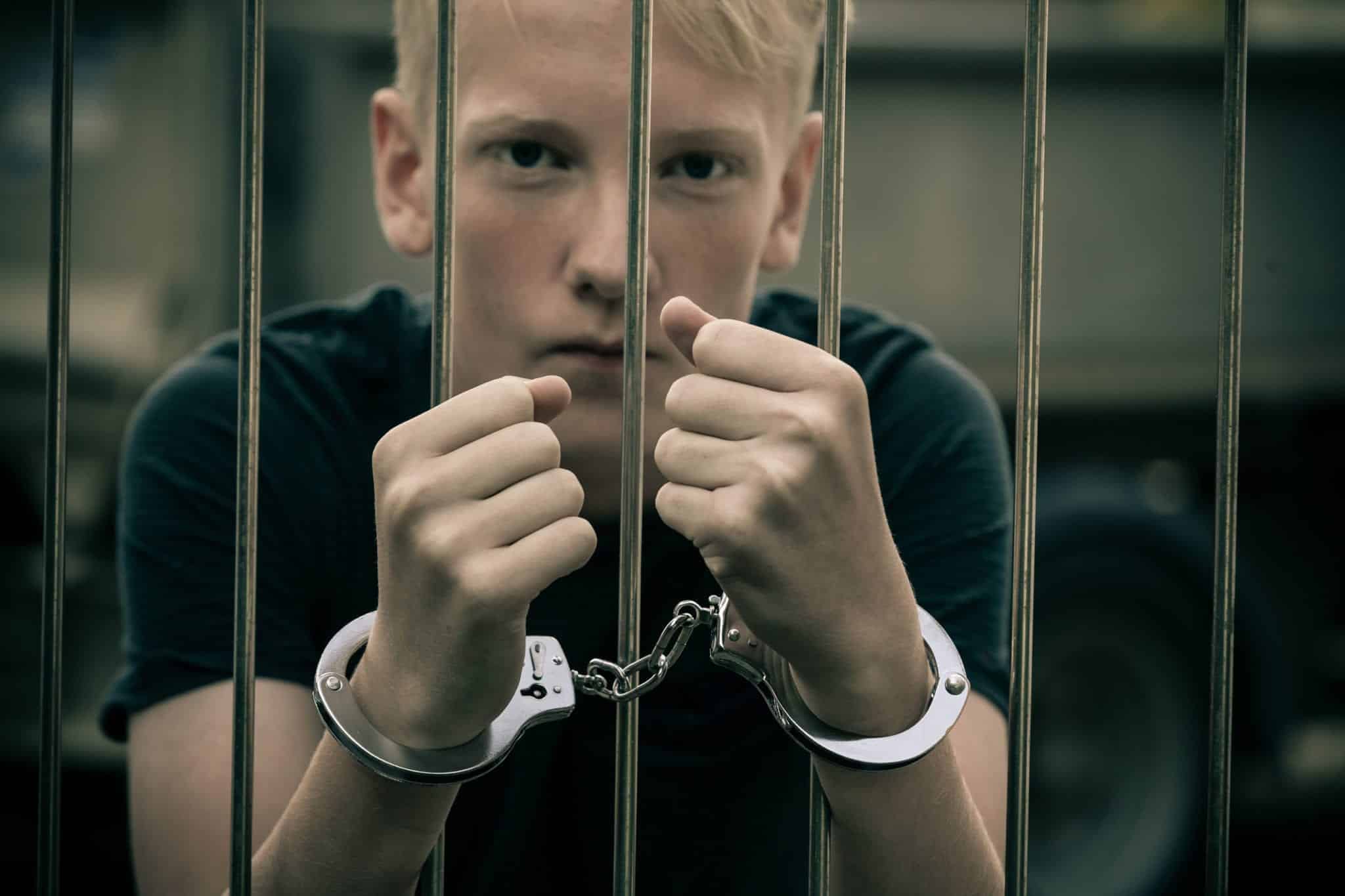There are two justice systems in this country: One for adults and the other for juveniles. There are times, with certain crimes come into play, that these two justice systems intersect.
A recent example is a 15-year-old boy in McKinney, Texas accused of murdering his mother by beating her to death. Police are still investigating the crime, but there is a reasonable likelihood this case may not ever see the inside of a juvenile court because the juvenile will be charged as an adult.
So when does Texas law allow for a juvenile offender to be tried as an adult?
Learn more below.
Conditions for a Texas Juvenile to be Tried in an Adult Court
In Texas, the juvenile court system is designed to accommodate minors between the age of 10 and 17 who have committed criminal offenses.
Texas law allows that a child 15 years of age or older, who has been charged with a second degree felony, third degree felony, or state jail felony, to be tried as an adult. Texas operates under the traditional policy that “once an adult, always an adult” in dealing with felony cases.
Judicial Waivers
If juvenile-felony case is referred to an adult court, the juvenile is processed through a mechanism called a judicial waiver. Age 14 is the minimum requirement for a judicial waiver age in Texas. Some states, like Kentucky, have a judicial waiver for children as young as 10.
Three Conditions
In Texas, this waiver is only issued by the judge when a case meets certain conditions:
The first condition is when there is probable cause to believe the juvenile committed the offense.
Usually, this is taken care of through charges being brought at all, since charges cannot be brought unless probable cause and a reasonable basis for prosecution exist.
The second condition is the nature of the offense. Some very serious offenses are tried in adult courts such as certain felonies, some drug offenses, and capital crimes.
The court also looks at the child’s background to determine whether there is a likelihood that the juvenile offender would not respond to methods generally used in juvenile court such as more traditional rehabilitation efforts.
It’s important to note that once a juvenile enters the adult justice system, they are considered an adult from that point forward. Committing any other crime in the future means adjudication in adult court.
The only exception?
Dismissal or acquittal of original criminal charges.
Sentencing for Juveniles Tried as Adults in Texas
Once a juvenile’s case is transferred to the adult justice system, they generally face the same structure of sentencing as adults do. The primary difference in sentencing is that a minor may not face life in prison without parole or the death penalty for their crimes.
Adult Criminal Record
The juvenile, if convicted, will have an adult criminal record. In the juvenile justice system, records can easily be sealed or expunged to protect the privacy of the minor. This becomes a lot more difficult when the juvenile is found guilty in adult court.
Prosecution for Murder
What about the case of the 15-year-old accused of murdering his mother?
More likely than not, it will be tried adult court. That’s because Texas takes murder very seriously, regardless of whether the offender is an adult or juvenile. Barring special circumstances, those between 10 and 17 who commit murder have historically been tried in adult court.
What To Do If Your Child is Referred to Adult Court
If your child is arrested and their case is sent to adult court, then your only option is to find an experienced criminal defense attorney to help — and sooner is better than later.
Some strategies used in adult court for juveniles include recognizing the things that can contribute to juvenile crime. Often considerations are made by the courts when contributing factors are present. Some of the most compelling include:
- Severe stress caused by their present living situation
- A clear impact of community disinvestment on behavior and development
- Evidence of undeveloped decision-making skills resulting in rash decisions
- Consequences of any trauma they experienced in their younger years
If your child or a juvenile close to you is facing transfer to the adult justice system, reach out to an experienced legal professional while there’s still time. Being convicted of a crime in the adult penal system will follow a young person for the rest of their lives.
It is imperative that they and the adult support system around them understand their rights in the court of law and that they are represented appropriately.






